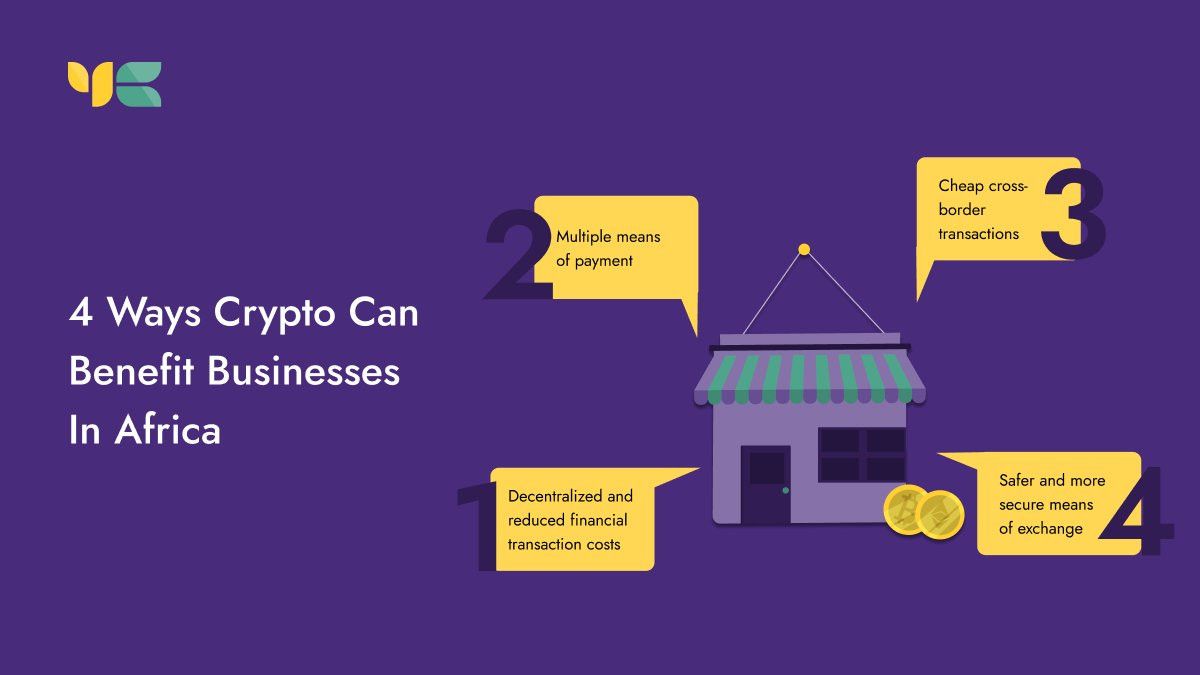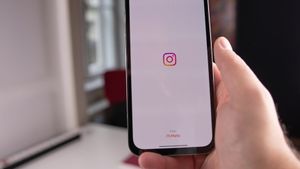JAKARTA - The African crypto exchange, the Yellow Card, has received significant regulatory approvals to continue to expand its operations across the black continent.
According to an announcement on October 19, the Yellow Card has obtained a virtual asset service provider (VASP) license from the Non-Bank Financial Institutions Regulatory Authority (NBFIRA) Botswana.
The new license officially allows Yellow Card to allow its customers to buy and sell Bitcoin stablecoins with a local fiat currency, Pula Botswana.
According to Chris Maurice, CEO and co-founder of the Yellow Card, the new license opens up greater opportunities for the company's expansion into payment partners and banking institutions across Africa.
This will next show regulators in other markets that we are not just any cryptocurrency company like the others. We pioneer, push for boundaries and set standards," said Maurice, quoted by Cointelegraph.
Yellow Card is the first crypto exchange to get a VASP license issued in Africa,'added Maurice. The exchanges operating across the continent may have a VASP license from jurisdictions outside Africa.
Botswana's VASP license is the first license for an African cryptocurrency exchange set up by an African country, and the Yellow Card is the first recipient of a VASP license from NBFIRA Botswana, he said.
According to the announcement, NBFIRA issued a VASP license on September 29 in accordance with Section 11 of the Virtual Assets Act, 2022.
Now that it has been officially recognized by local authorities, the Yellow Card says that the card also complies with key global regulations, including the Anti Money Laundering and Getting to Know Your Customers as part of the Travel Rules introduced by the Financial Action Task Force.
The Yellow Card is also registered on the goAML to help report AML, financial sanctions and crimes, and also in accordance with the United States Foreign Corruption Practice Act, the announcement notes.
Located on the southern African continent, Botswana has a population of about 2 million people. His government issued a law to regulate cryptocurrency trading and digital tokens as part of its efforts to tighten AML's actions in February 2022.
The new rules require anyone who wants to offer crypto services in Botswana to get a license from NBFIRA and to comply with the condition list.
The government has been highly skeptical of cryptocurrencies recently, with a central bank warning of the high risk of cryptocurrency investment in November 2021.
The English, Chinese, Japanese, Arabic, and French versions are automatically generated by the AI. So there may still be inaccuracies in translating, please always see Indonesian as our main language. (system supported by DigitalSiber.id)













